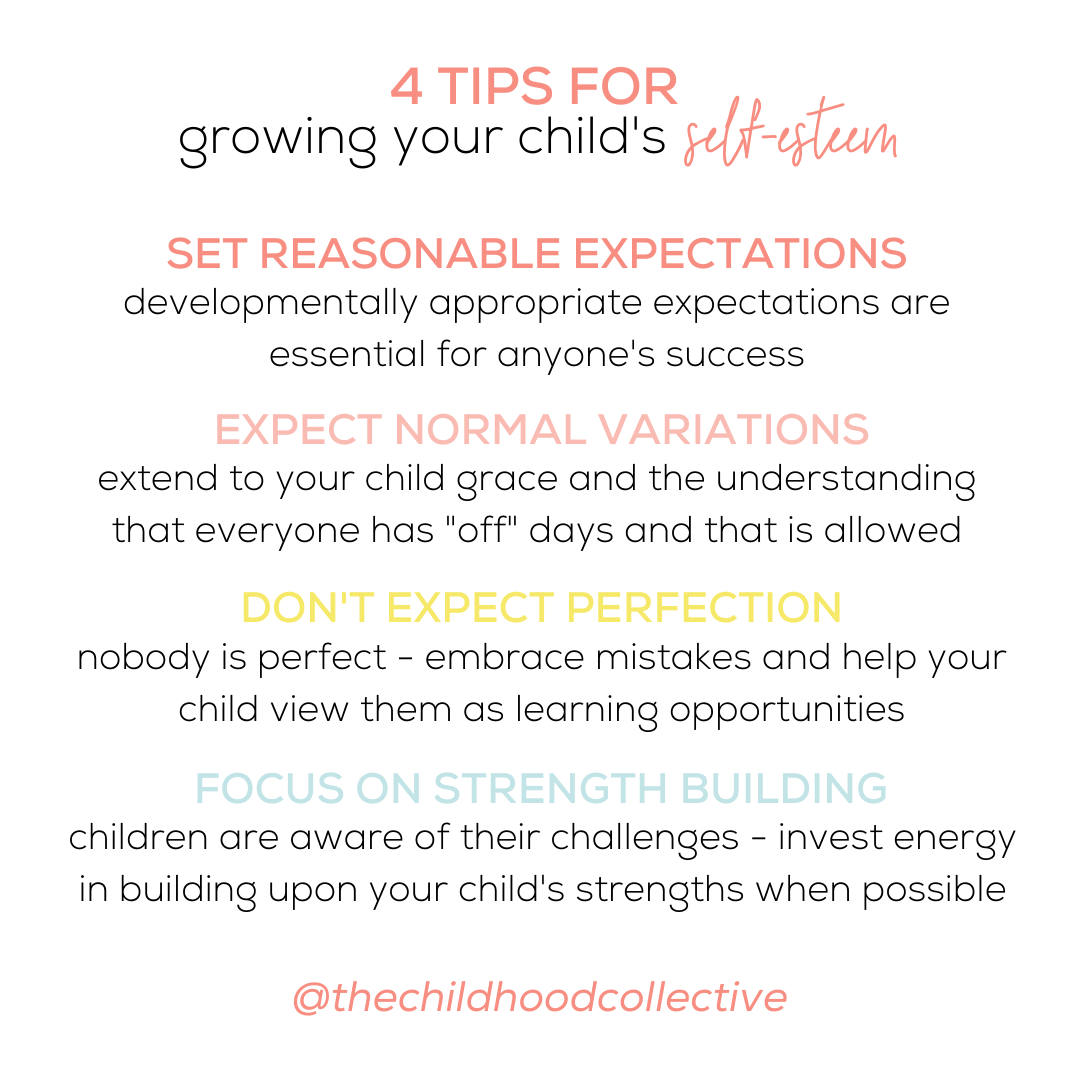Blog
The Truth About Routines and ADHD

Children with ADHD are amazing at living in the moment, which makes them a lot of fun! It also means that they can struggle to plan for the future, even if the future is a few minutes away. The result? Forgotten lunchboxes, messy bedrooms, last-minute panic over a late assignment, and chaotic mornings!
Children with ADHD can struggle with time blindness, staying on task, and avoiding distractions. To help them be more successful, our goal as parents is to externalize these concepts, making them clear and predictable, creating structure in your child’s world.
One of the easiest (and hardest) ways to do this is to set up routines. While routines can be incredibly overwhelming at the beginning, they ultimately help children with ADHD be more successful because they know what to expect. To help YOU start off on the right foot, here are some of our favorite tools for building routines:
1. Consider what your child is (and isn’t) capable of right now – and then grow from there.
Think a...
Simple Tools to Improve Your Child's Confidence

Over the past few months, we have been sharing lots of tools we can use to raise confident children. Let’s face it: we all want to raise amazing kids who KNOW they are amazing!
The truth is, when you’re raising a child with ADHD, or anxiety, or learning differences… it can feel absolutely defeating when they speak negatively about themselves. Research has shown that children who learn differently often have lower self-esteem than their peers. They also receive more negative feedback than their peers, and it quickly becomes a cycle.
The good news: there are ways we can help!
You don’t have to be a psychologist or a speech language pathologist to promote your child’s confidence! Keep these simple tips in mind to help grow your child’s self-esteem:

1. Set reasonable expectations.
A child cannot (consistently) do something well that is outside of their developmental skill level. When children are presented with tasks day after day that are outside their skill level, they are left...
What Every Parent Needs to Know About Dyslexia

How’s school going for your child? In Arizona, we just finished up the school year – which is a welcome break for all of us parents who have been homeschooling our kids for the past two months! How did distance learning go in your family? Each of us at The Childhood Collective have had different experiences.
Mallory’s oldest is in preschool, so they didn’t have any specific homework. She has been doing all kinds of creative activities to keep her little ones busy and engaged. Lori and I (Katie) each have daughters in kindergarten, so we got to dive head first into distance learning! My daughter loves reading and is now reading everything in the house… which wasn’t awesome when I left myself a note to remember my tooth fairy responsibilities (oops, had to think fast to get out of that one!). Of course, each day when it was time for my daughter to do math, she would immediately need a snack, find a random bug bite that needed attention, or have an emergency trip to the bathroom. Full di...
5 Things Every Parent Should Know About Speech Sound Disorders

When children are first learning to talk, they often say words in funny and unexpected ways. As parents, most of us have at least one story about our child mispronouncing a word, and the embarrassing moments that followed! It is completely normal (and adorable) for children to mispronounce words… but when speech sound errors persist beyond a certain age, this can cause issues in reading, writing, and social interaction. For this reason, it’s important to identify articulation (speech) problems early.
In this post, I am going to break down a few of the most important questions that parents have about speech disorders, and give you some general guidelines to follow. If you are concerned about your child's speech sounds, it is always best to seek an evaluation with a certified speech language pathologist (SLP).
1. What is the difference between speech and language?
To begin with, it’s important to identify the difference between speech and language. In this blog post, I am only talk...
Use a Future Picture to Help Your Child Stay Focused and Motivated

Raise your hand if you have ever asked your child to do something (e.g., finish their math homework, put away their laundry, or pick up toys in the backyard), only to be frustrated when the final result isn’t what you expected? As a momma to two little ones, this can be so irritating to me! It can be discouraging when we have an expectation and it isn’t met. The truth is, we often develop our expectations from a “future picture” in our mind. And when it doesn’t work out the way we planned, we are disappointed. Have you ever…
- Been on a tropical vacation, expecting it to be sunny, and then had stormy weather instead?
- Started on a loop-trail hike, and realized that the trail was much longer than you expected, but you have to keep going in order to get to the end?
- Baked two dozen cookie monster cupcakes, only to have them turn out like this?!?!

If you have ever been disappointed because the outcome didn’t match your expectation, or thrilled because it was even better than you i...
A Simple Strategy to Help Your Child Learn to Self-Regulate

Let’s take a trip down memory lane…
I (Katie) have been a speech language pathologist for almost nine years, but I remember my first few months like they happened yesterday. Fresh out of graduate school, working in a large private practice, I was closer in age to some of my clients than I was to their parents… and it definitely showed! Being in my mid-20’s without any children of my own, it was incredibly intimidating to do parent training. Unfortunately for my 26-year-old self, working in private practice means that parents are generally highly involved in the therapy process, so hiding in my office wasn’t an option!
It honestly took me a long time to truly feel comfortable giving parents feedback. Thankfully, I had joined a practice that had several experienced clinicians, and they shared their best strategies for getting parents on board with the therapy process. Over the years, I began to actually enjoy having parents in my office (no hiding needed!), and I learned how much fast...


